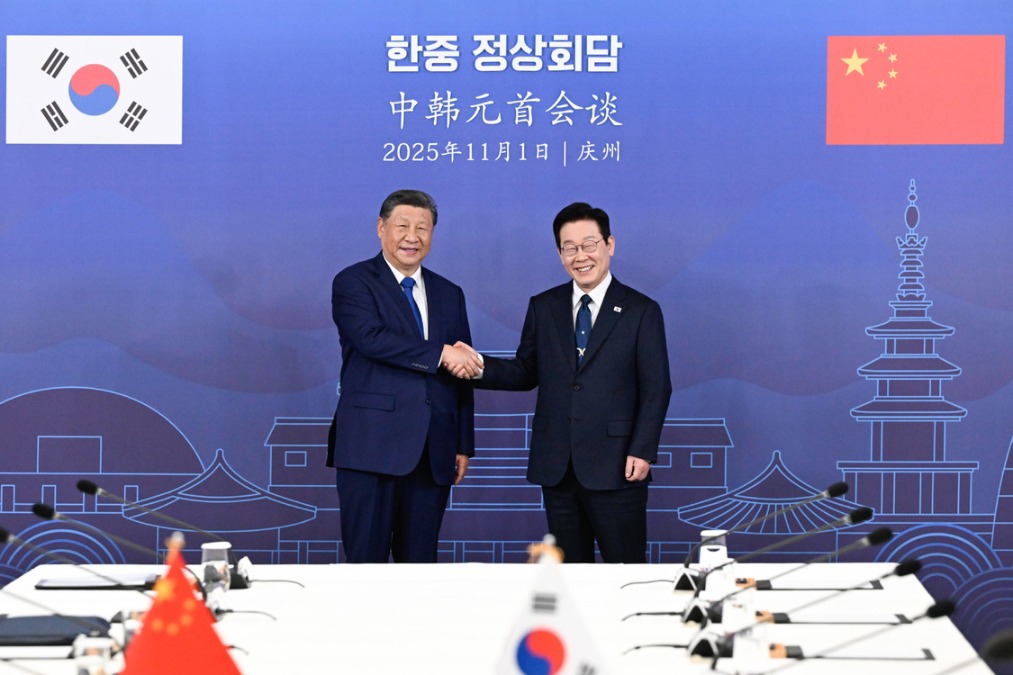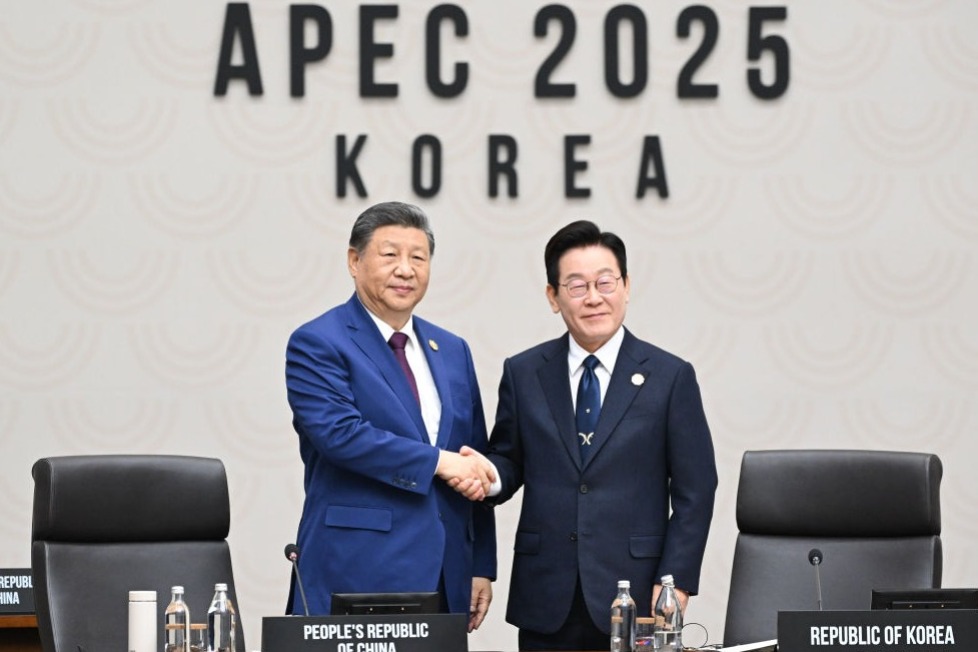Development imperative for eradication of extremism

International efforts should rally around UN's global strategy
The UN's unswerving resolve to fight terrorism was enshrined in the Global Counter-Terrorism Strategy adopted by the 60th United Nations General Assembly on Sept 8, 2006. This strategy fully registers the complementary relationships among development, peace and security and human rights. Deeming it essential to eliminate the preconditions for spreading terrorism, it appeals to all nations to make efforts and utilize their unique strengths in the fight against terrorism.
The strategy fully embodies the international community's shared will to jointly oppose any kind of terrorism and the unflinching belief that actions are necessary to prevent and strike against all forms of terrorism.
The Global Counter-Terrorism Strategy calls for addressing the conditions conducive to the spread of terrorism, measures to build the capacity of nations to prevent and combat terrorism and strengthen the role of the UN system in that regard, and measures to ensure respect for human rights for all and upholding the rule of law as the fundamental basis for the fight against terrorism. These four pillars provide an achievable and operative legal basis for nations to conduct specific counter-terrorism activities.
But the intended results have not been achieved despite a regular review of member states' implementation of the strategy and necessary adjustments to it in response to new dynamics in the fight against terrorism. Not only has the threat of terrorism not been eliminated, it has intensified in many places.
Statistics from Jane's Terrorism and Insurgency Centre in the United Kingdom show that the number of cases of armed violence including terrorist activities rose to 24,202 in 2016 worldwide, an increase of 25 percent year-on-year and dozens of times more than 10 years ago. The international community has thus recognized that a more comprehensive approach is needed encompassing effective preventive measures.
Ban Ki-moon, then UN Secretary-General, pointed out in his remarks at the General Assembly Presentation of the Plan of Action to Prevent Violent Extremism in January, 2016, that a single-minded focus on security measures and an utter disregard for human rights have often made things worse and a comprehensive method is needed to address the drivers of violent extremism.
The Plan of Action to Prevent Violent Extremism listed the lack of socioeconomic opportunities, marginalization and discrimination, poor governance, violations of human rights and the rule of law and so on as conditions conducive to the nurturing of violent extremism. The plan proposes engaging earlier to address the drivers of extremism through such actions as eradicating poverty, empowering youth and strengthening strategic communication on the internet and social media.
The United Kingdom took the lead in practicing a preventive strategy against extremism after the Sept 11 attacks in the United States in 2001 and ratified the Counter-Terrorism and Security Act 2015 in February, 2015. The Act laid the legal basis for education programs to counter extremism in the strategy for terrorism prevention which are intended to induce those susceptible to influences of extremism to receive education of their own accord. Such practices have offered valuable experiences for other nations.
The 72nd UN General Assembly approved the review of the Strategy in June this year and recommended member states propose action plans to prevent violent extremism according to their own conditions and priorities.
The Global Counter-Terrorism Strategy has constantly drawn lessons from the past and adjusted the international philosophy of counter-terrorism, as well as guaranteed nations' autonomy and flexibility in fighting terrorism and extremism under a macro-strategy. All nations should strengthen cooperation and jointly implement the Strategy to advance the counterterrorism cause.
Zhang Nan, a PhD candidate at the Northwest University of Politics and Law


































